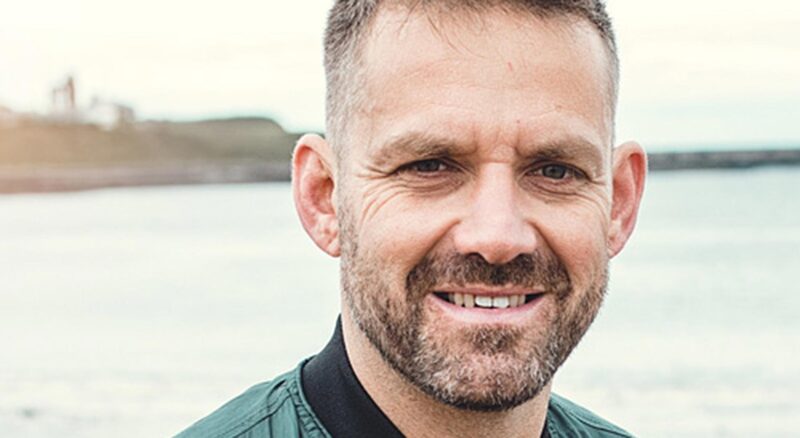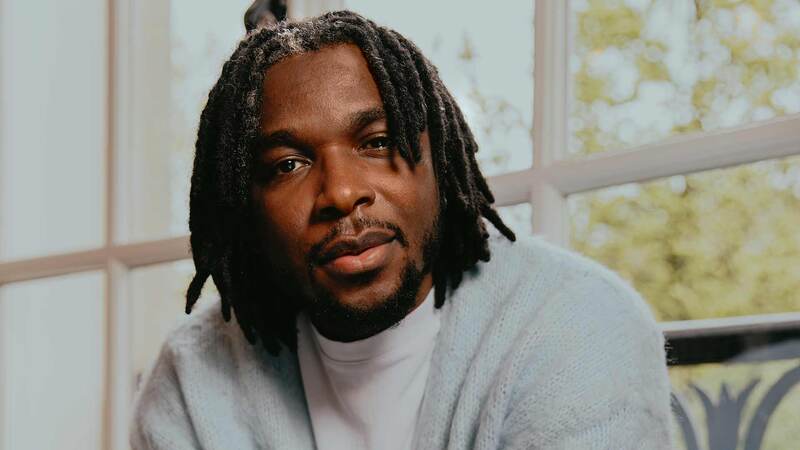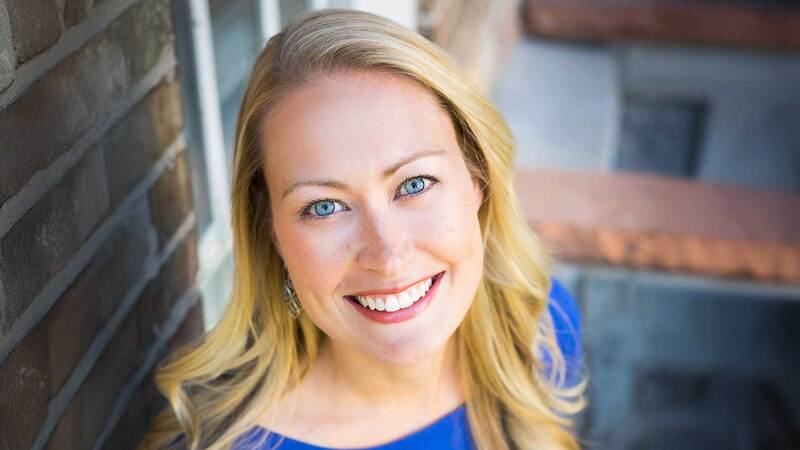You are viewing your 1 free article this month. Login to read more articles.
Roy Foster: How W B Yeats became an icon
Huge critical attention will greet the publication of the second and concluding volume of the magisterial biography of W B Yeats undertaken by Roy Foster, Carroll Professor of Irish History at the University of Oxford. The first volume, The Apprentice Mage, was published to great acclaim in 1997; in all the biography has been a 17-year project for its author.
"The first volume was absolutely uncharted territory for me, because although I'd always been a very literary historian, I'm not a trained literary critic, so I was nervous about analysing the poetry. But literary critics seemed to think I had done all right, so I was braver in the second volume--and Yeats' later poems are in a way more central to what was happening in his life.
"The temptation was to end the first book with the Easter Rising in 1916, but in fact I wanted to end it with a point of reflection, in 1914, when Yeats began to write his own autobiography and thought he knew what the future would hold. Whereas after the Easter Rising, he had to reconstruct his idea of the future, and of his own past.
"It was a very disingenuous and complicated procedure, in which he went on writing autobiography which repositioned himself and his generation in relation to what he now describes as an inevitable revolution [not a view he had held before the Rising took place].
"I think anyone's autobiography is a disingenuous text, and Yeats' is more than most. That's where there is a genuine excuse for a historian writing a life of a poet. My feeling about literary critics is that they tend often to take his autobiographies as hard evidence, and they're not--they have to be measured against other historical evidence that comes down to us. I became very preoccupied with how his autobiographies evolved and how he shaped them--I was treating them as suspect historical documents.
"You also know you are dealing with someone who always had an eye for posterity, and who saw himself as part of Irish history. Yeats made himself the national poet, and no one until Seamus Heaney has been able with any authority to command the same eminence.
"It's celebrity, I'm afraid, that awful word that I deliberately never used once in the book. I've dealt a great deal in this volume with his public image, interviews with him, how he appeared on tours, how he cultivated his reputation. I have dealt with Yeats the icon.
"A couple of the reviewers of the first volume said how much I went on about his good looks and charisma. In the second volume he is not trading on that so much, but he is trading on his fame: the poet of the revolution, the poet with a legendary unhappy love affair [with Maud Gonne]. In fact, he and Maud Gonne both colluded in the way their relationship was presented to the public: at one point she says quite briskly, 'Oh for God's sake, you're very lucky you didn't marry me--you've made us famous through the poems, and there's much more mileage in that than if we had actually got together.'
"Another reason a historian is fascinated by Yeats is that his life is a kind of alternative history of Ireland. The dates are terrific: 1865-1939, it's perfect--it covers the rise of first constitutional, and then extremist, nationalism; then the revolution; then the disillusionment with the new Ireland; and finally the total separation from England by staying neutral in the Second World War, which happens just after Yeats dies. So he spans this whole transition in Ireland's status, and the development of national identity--but he reflects it from the position of a marginalised, upper-middle-class Protestant, which is very much a subculture in Ireland.
"Therefore on one level he has a kind of detachment, and on the other he has a need to claim authenticity, to show he does belong--which he does through joining revolutionary nationalist movements when he's young, and through becoming an authority on folklore, fairy tales and the occult.
"When Ireland becomes independent but embarks on what he sees as a very narrow and pious mode, censoring books and so forth, he then makes a claim on the Irish nationalist Protestant tradition, which goes back to the 18th century, and is essentially the tradition of a liberal nationalist élite. So he's reinterpreting and redefining Irish national history all his life.
"An interesting point that I've maybe emphasised more than others is that although Yeats moved back to Ireland in 1922, it wasn't long before he was going back and forth to England as he had always done. In the last few years of his life, he lived as much in England as in Ireland--partly for romantic reasons, because he had a series of passionate love affairs, but also because he found Ireland a confining space.
"I became fascinated by the World League for Sexual Reform, which the surgeon who performed Yeats' sexual rejuvenation operation was the head of. The whole world of 1930s sexual reform meant a lot to Yeats, and I did find evidence that it affected his views of women--he was being fed a lot of very avant-garde sexual freedom ideas by people like Ethel Mannin, whom he was mad about for a few years.
"This chimed very well not only with his war against censorship in Ireland, but also with his long-standing interest in Indian mysticism and tantric mysteries, which are about using sexual ecstasy to heighten religious ecstasy. A lot of his late poetry makes much more sense when you see it in those terms.
"He keeps on pushing past frontiers. What's fascinating about the late work is that in some ways Yeats goes back to the inspirations of his early life, to ballad and metre, paring back to the simplicity of his early poetry. In other ways, he's pushing ahead: it's very modernist, elliptical, daring stuff as well."
Publicity includes Times serialisation; print and broadcast interviews; author talks at the Cheltenham Festival of Literature, the Dublin Theatre Festival and the Belfast Festival.
R F Foster W B Yeats: A Life, Volume II: The Arch-Poet, 1915-1939 (Oxford University Press, 2nd October, £30, 0198184654)









